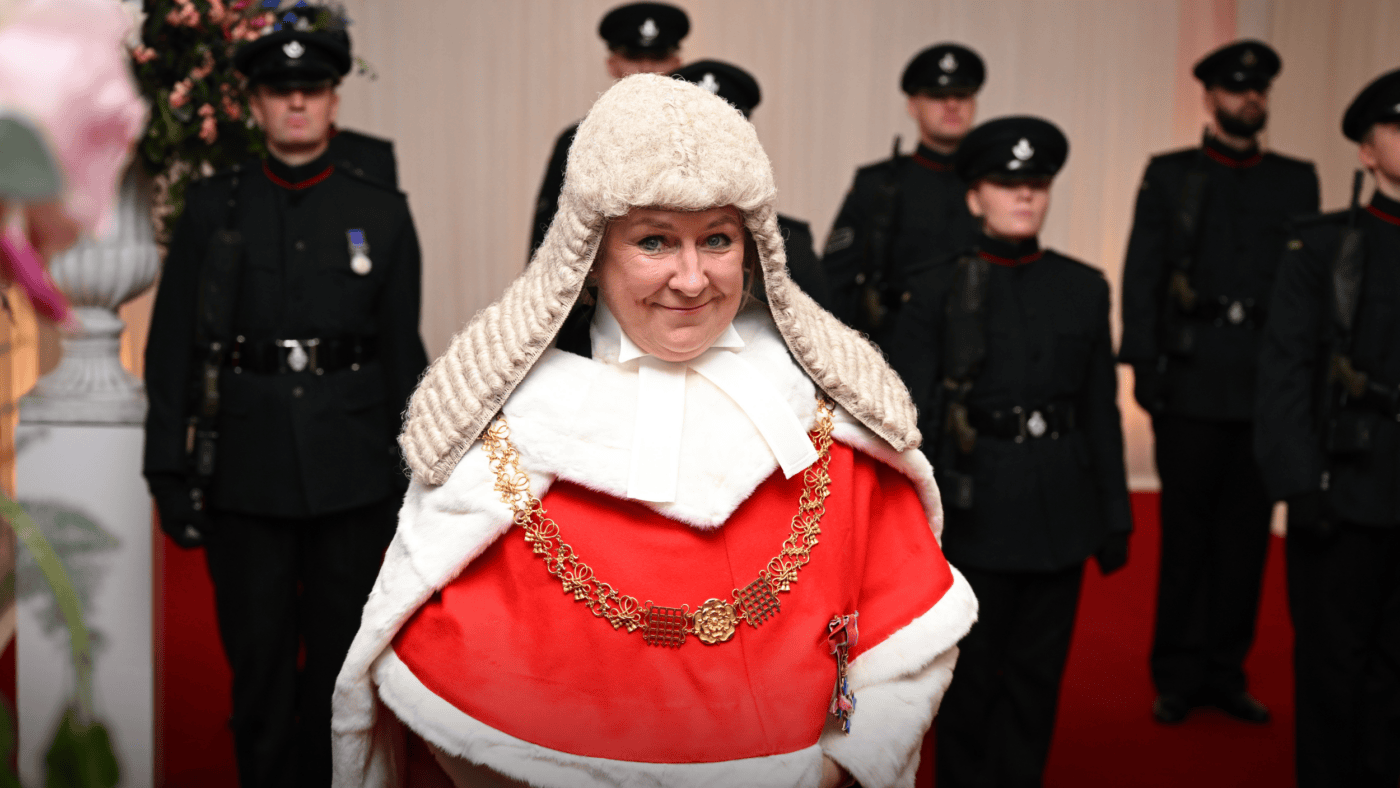Baroness Carr, the most senior judge in England and Wales, has attacked both Keir Starmer and Kemi Badenoch in extremely strong terms for having the temerity to criticise the courts – specifically, a recent decision by the Asylum and Immigration Tribunal to allow six refugees from Gaza to settle in the United Kingdom. Referring to last week’s PMQs, she said:
Both the question and the answer were unacceptable. It is for the Government visibly to respect and protect the independence of judiciary where parties, including the Government, disagree with their findings. They should do so through the appellate process. And of course, MPs, just like the governing body, also have a duty to respect the rule of law.
There’s a lot to unpack here, but this extraordinary statement cuts right to the heart of the widening rift between politicians and the judiciary – and exemplifies how too many lawyers are today deeply mistaken about the proper relationship between the two.
Before we begin, it’s worth restating that of course personal attacks on judges are to be condemned. But even then, that shouldn’t exempt them from personal criticism. Where there is a clear trend in the decisions made by a particular judge, it is perfectly legitimate to scrutinise that. Contra the cute term of art that judges ‘discover’ the law, they are in reality deciding it; such personal discretion in lawmaking warrants careful attention no less, and perhaps more, than is afforded your average backbench MP.
Yet Carr is not merely condemning scrutiny of an individual judge, fair or otherwise. Her position is that it is improper for politicians to criticise the ruling at all. If the Government wishes to challenge the ruling, then it should only do so ‘through the appellate process’. Alternatively, she concedes that Parliament may legislate ‘if the legislation is wrong’.
One may perhaps have some sympathy with Carr on this specific case; Starmer triumphed on Wednesday by pretending the problem was a loophole (Gazans applying under the regime set up for Ukrainians, for which they were not eligible) when the actual basis for the decision was just Article 8 of the ECHR, the right to family life. His tough posture is smoke and mirrors.
But more generally, Carr’s position again demands that we overlook the very significant role that judges play in deciding what legislation means in practice. Policy Exchange’s Judicial Power Project (JPP) has a list of 50 ‘problematic cases’ which highlight this problem, but one illustrates the problem perfectly: R (Evans) v Attorney General (2015).
Sometimes better known as the ‘Black Spider Letters’ case (after then-Prince Charles’ handwriting), this saw the Supreme Court, to paraphrase the JPP, effectively re-write the Freedom of Information Act to nullify the veto which MPs had bestowed upon the Attorney General on the release of classified documents.
Carr’s false binary would preclude the JPP’s criticism of Evans, which is precisely that the Supreme Court ignored the proper limits of the judicial role. The law was not wrong, the judges (re)interpretation of it was.
The idea that people who disagree with a particular ruling should confine themselves to appeal is also problematic, for it silences altogether any would-be critic who, for reasons of standing or money, is not able to mount an appeal. Law, unlike public debate, is a privileged arena in which money or expertise, often both, is necessary to participation – a fact that many progressives who seem keen to substitute lawsuits for lawmaking seem to overlook.
British politicians are, to be sure, guilty of pointing the finger at judges without taking proper account of their own failings. Sloppy legislation, arising in no small part from the decision to slash the Commons’ sitting hours, is behind much of the recent plague of judicial reviews. When lazy MPs insert yet another ‘have regard’ clause into a Bill, they are wilfully outsourcing their function to the courts.
It would be absurd, however, to exempt the courts from scrutiny and criticism. Judges are people, not machines; many of them have strong views on many subjects, and these at least risk shaping the judgments even of the most conscientious.
Some famous judges, such as the late Lord Denning, are renowned precisely for their role in driving constitutional change from the bench. More recently, it was judges who invented the idea of ‘constitutional statutes’ – that is, Acts of Parliament immune to the normal standard of implied repeal by subsequent Acts – a concept that has never been laid down by Parliament itself.
The judiciary cannot have it both ways. It has, not entirely on its own initiative but by no means unwillingly, greatly expanded its role in the governance of Britain. It was inevitable, not to mention just and proper, that greater public scrutiny – including criticism – would follow.
Click here to subscribe to our daily briefing – the best pieces from CapX and across the web.
CapX depends on the generosity of its readers. If you value what we do, please consider making a donation.


